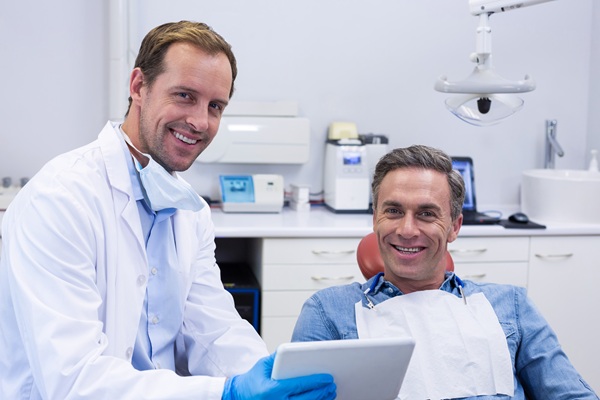Primary Care Tips to Keep Your Bones Healthy

Your bones need primary care efforts to stay healthy. With aging, it is a normal phenomenon for the bones to diminish in density and become thinner. Eventually, they become more vulnerable to injuries or fractures.
In this article, you will discover important primary care tips to preserve the health of your bones and prevent osteopenia (bone thinning) and osteoporosis.
Primary care tips
Consume lots of vegetables
Vegetables are rich in vitamin C, which triggers the production of bone-forming cells. Both green and yellow veggies have been proven to contribute to bone mineralization.
Strength training
Strength training exercises are particularly vital for patients dealing with joint conditions around the lower extremities. These include knee or hip arthritis and may inhibit your strength and ability to engage in weight-related exercises. The major point is resistance training or bone loading. This means lifting weights repeatedly can contribute to healthy bones, an essential benefit of strength training, which aims to heighten their weight resistance.
Begin your strength training by performing one or two sets of 10 to 12 repetitions, continuing until you feel tired and intensifying the exercise as you go. To gain optimal advantages with lower risks, practice proper breathing and use the right techniques for safe lifting. Ideally, you should consult a fitness professional before commencing a strength training regimen.
Vitamin D
For efficient calcium absorption, most adults require between 1000 to 2000 IU of vitamin D every day. Pills combining calcium and vitamin D do not contain enough. You can get your daily need of vitamin D the old-fashioned way – from the sun – or by taking vitamin D supplements.
Start weight-bearing exercises
Weight-bearing exercise is described as an activity that causes you to work against gravity or present resistance with movement. High-impact weight-bearing exercises are great for bone health. You should be cautious with these if you already have osteoporosis or osteopenia.
Examples of these exercises include stair climbing, dancing, running or jogging, high-impact aerobics and sports such as basketball and tennis. Ensure you consult your doctor before engaging in any exercise routine.
Curb excessive drinking and smoking
Tobacco use and excessive alcoholism have been linked to loss of bone mineral density. If you smoke, consider enrolling in a smoking cessation program. If you drink, consider limiting your consumption.
Go for routine bone mineral density checks
Doctors can obtain a fast and painless image of your bone health by using an easy X-ray test known as DXA. The test checks your bone mineral density and evaluates the risks of fracture and osteoporosis. Women are advised to get the test within two years following menopause.
Patients that are suffering from certain bone-related conditions and those taking medications that increases risk (such as steroid therapy) should get tested earlier.
Finally
As part of their primary care routine for bones, perimenopausal women can opt for hormone therapy to boost decreasing estrogen levels. This decrease is associated with bone loss. Also, patients already living with osteopenia and osteoporosis can use different drugs to avert risky hips and spine fractures.
Remember to always discuss with your doctor first before embarking on any therapy.
Call us today at (954) 905-2432 for more information from South Florida Doctors Group .
Check out what others are saying about our services on Yelp: Read our Yelp reviews.
Recent Posts
Blood work is an essential tool primary care providers use to assess overall health, diagnose conditions, and monitor ongoing treatment. Routine blood tests offer valuable insights into the body's functions, helping detect potential health issues early. Understanding the different types of blood work and their purposes can help clarify why PCP recommend these tests during…
Preventative care helps safeguard your health by providing early detection or interception of serious conditions or diseases. Maintaining a relationship with a preventative care practitioner can help keep you healthy year-round. Learning their role and how they stack against diagnostic care can help you determine whether consulting this type of practitioner is necessary.Preventative care practitioners…
Primary care is essential to your health maintenance, offering a comprehensive approach to your healthcare needs. Regular visits with a primary care provider help you manage various healthcare needs, from medication and chronic conditions to preventive services and screenings. Understanding the benefits of primary care and what to expect from a visit will help you…
Pap smears are routine screenings that check for abnormal cells in the cervix, which may indicate cervical cancer or other conditions. Getting these screenings helps detect these conditions early when they are easier to treat. Patients need to understand their results and when further screening is needed.Also known as a pap test, a pap smear…


